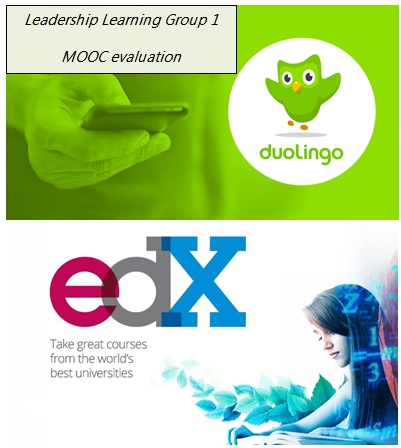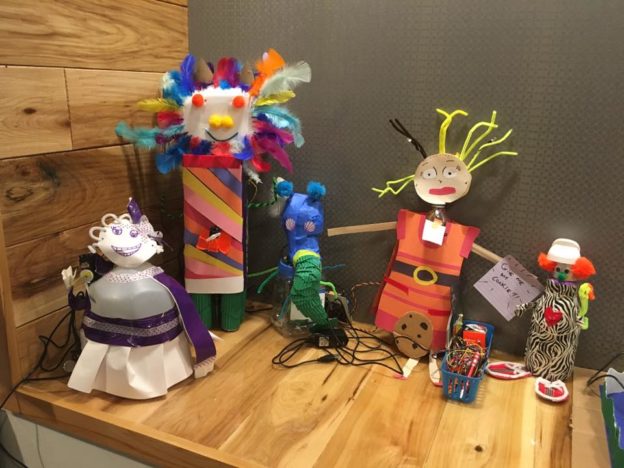Category: Web & Mobile
-
Register for HASTAC 2017 Now! (Date CORRECTION Nov 3-4, plus HASTAC Scholars UnConference Nov 2)

We are very excited about HASTAC2017, “The Possible Worlds of Digital Humanities,” in Orlando Fl, Fri Nov 3 and Sat Nov 4, with the HASTAC Scholars Un-Conference the night before, Thurs Nov 2, 7-10 pm (and open to the public). Please note the DATE CORRECTION. (The Steering Committee–private event–also has its meeting Thurs, Nov 2…
-
NEH Object Lessons Workshop: Apply by June 30
Apply to an Object Lessons Workshop Sponsored by the National Endowment for the Humanities How can scholars and nonfiction authors write for broader audiences while maintaining intellectual rigor and developing their academic profiles? In 2017 – 2018, Object Lessons will host four NEH Institutes. These workshops will offer guidance and strategies for answering this question, especially…
-
LLG1: MOOC evaluation

An in-depth look at two popular online adult learning platforms and their overall effectiveness. Please open the attached document.
-
Why WordPress? Take Control and Build Your Own Course Site

At every education level, teachers spend hours prepping and planning. For educators, the highest priority items when mapping out a semester often include creating learning goals, lessons, and assignments. It is completely understandable that the last thing any professor would like to do before the semester begins is learn a new tool. However, gone are the days where…
-
Bad Kids Save the World

Playground City has had three main focuses during the last three months: 1) Develop a suite of playlists that engage youth in their local food environment; 2) Connect with our learners where they are, and understand their learning identities by asking questions; and 3) Begin to address structural unemployment; i.e., understand employers’ hiring identities by…



